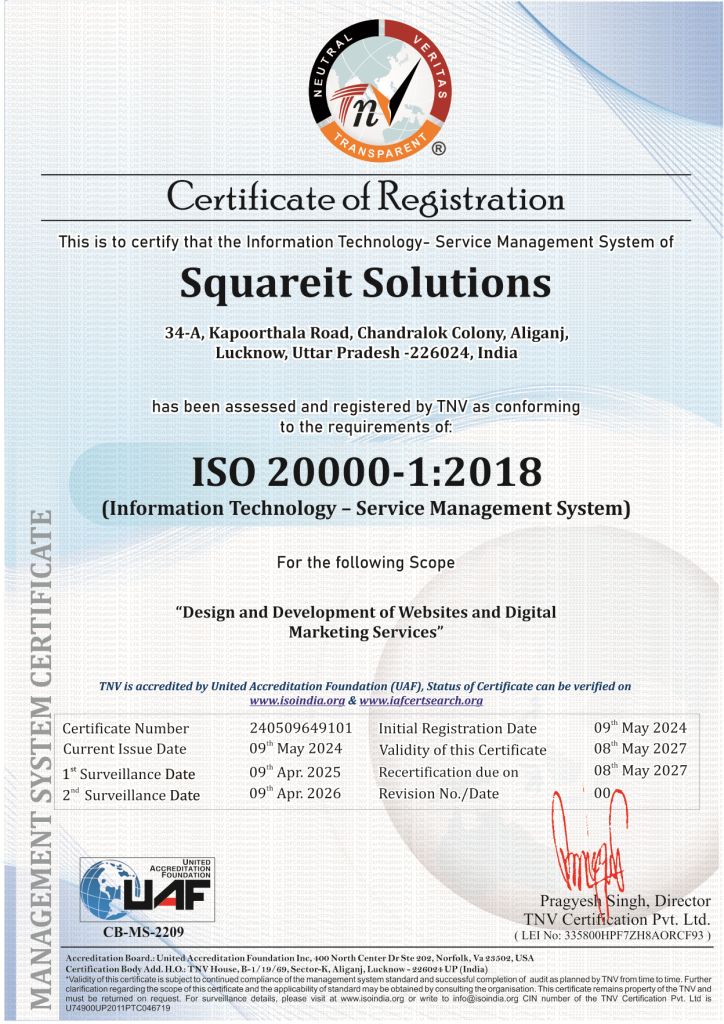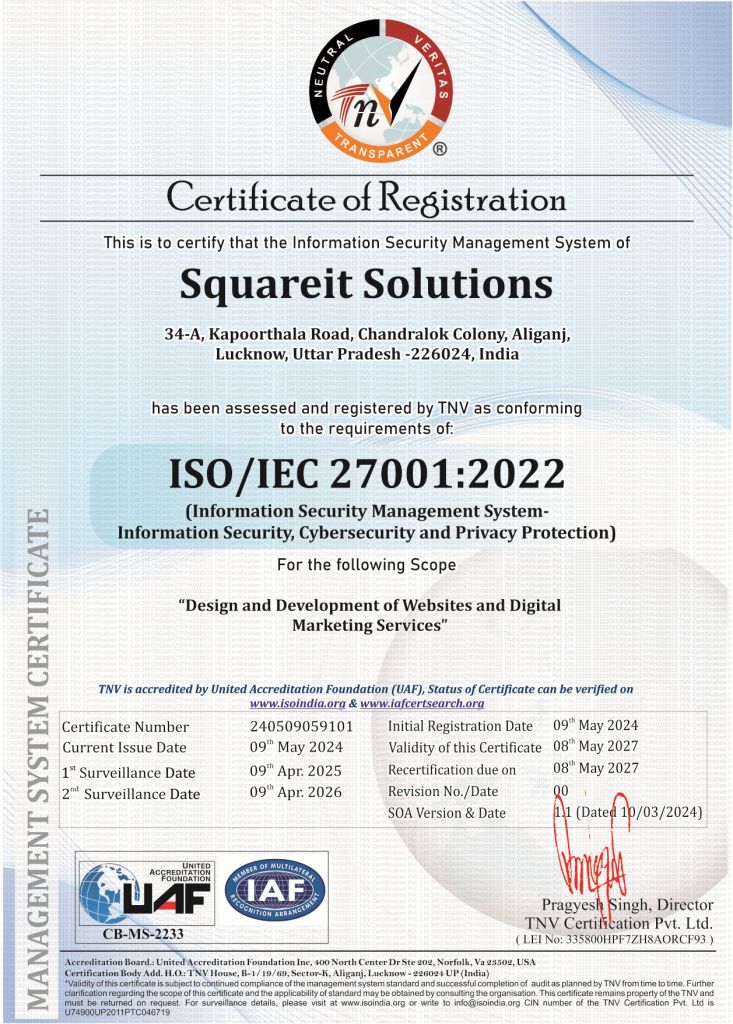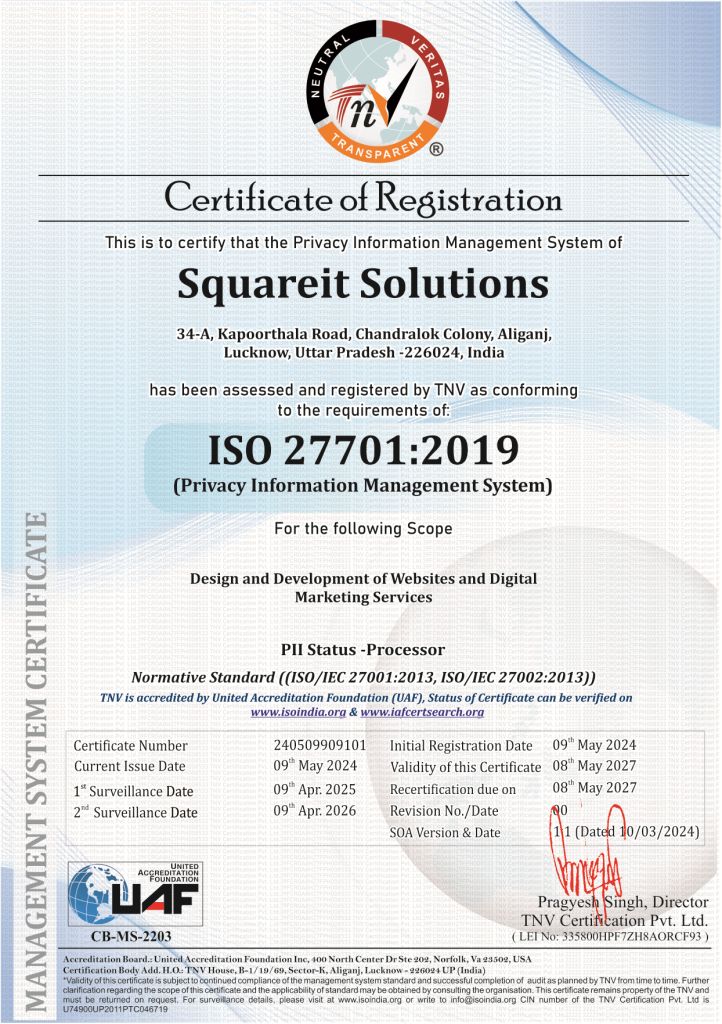Explore the importance of client relationships in digital marketing. Learn about CRM, benefits, strategies, challenges, and successful case studies.
In the fast-paced world of digital marketing, building strong relationships with clients is key to success. Digital marketing agencies don’t just provide services; they become partners in their clients’ growth journey. This blog explores why client relationships matter in digital marketing, what client relationship management (CRM) means, and how it impacts agencies and their clients.
Client Relationship Management Meaning:
Client relationship management, or CRM, is about nurturing and maintaining strong connections with clients. For digital marketing agencies, CRM means understanding clients' needs, providing tailored solutions, and earning trust. It involves open communication, collaboration, and a commitment to achieving goals together.
Benefits of Strong Client Relationships:
Enhanced Client Loyalty and Retention:
- Strong relationships keep clients coming back, reducing the need to constantly find new clients.
-
When clients feel valued, they’re more likely to stick around for the long term.
Increased Client Satisfaction and Trust:
- By consistently meeting expectations, agencies build trust and satisfaction.
-
Trust is vital; it’s the foundation of any successful partnership.
Opportunities for Upselling and Cross-Selling:
- Understanding clients’ needs opens up opportunities to offer additional services.
-
Satisfied clients are more open to exploring new offerings from trusted agencies.
Positive Word-of-Mouth Referrals and Brand Advocacy:
- Happy clients become brand advocates, spreading the word and bringing in new business.
-
Word-of-mouth referrals are powerful—they build credibility and trust.
Competitive Advantage in the Digital Marketing Industry:
- In a crowded market, strong client relationships set agencies apart.
- Providing exceptional experiences becomes a hallmark of the agency’s brand.
Strategies for Effective Client Relationship Management:
Personalized Communication and Tailored Strategies:
- Get to know each client and offer solutions tailored to their needs.
-
Personalized communication shows clients they’re valued.
Consistent Engagement and Proactive Communication:
- Keep clients updated and be proactive in addressing their concerns.
-
Regular communication fosters trust and transparency.
Transparent Reporting and Performance Tracking:
- Provide clients with clear reports and metrics to track progress.
-
Transparent reporting builds trust and accountability.
Listening to Client Feedback and Adapting Strategies Accordingly:
- Actively seek feedback and adjust strategies based on client input.
-
Listening to clients shows you care about their success.
Building Long-Term Partnerships and Mutual Growth:
- Focus on building long-term partnerships based on mutual growth.
-
Invest in educating clients and helping them succeed.
Challenges and Solutions:
Digital marketing agencies face challenges like managing expectations and communication barriers. However, these challenges can be overcome with clear communication, setting expectations, and a commitment to improvement.
Case Studies and Examples:
Let’s look at some examples of agencies that excel in client relationship management:
Agency X: Personalizing Campaigns for Success
By understanding each client’s unique needs,
Agency X delivers personalized campaigns that drive results and satisfaction.
Agency Y: Building Trust Through Transparency
Agency Y prioritizes transparency and collaboration, which strengthens trust and leads to long-term partnerships.
Agency Z: Growing Revenue Through Additional Services
Agency Z identifies opportunities for upselling and cross-selling, increasing revenue while deepening client relationships.
Conclusion
In conclusion, strong client relationships are vital for digital marketing agencies. By prioritizing client satisfaction, trust, and communication, agencies can differentiate themselves, drive growth, and succeed in a competitive industry. Let’s remember that behind every campaign and metric, there’s a human connection that drives our collective journey towards success.
FAQS
Q- What is Client Relationship Management (CRM) in the Context of Digital Marketing Agencies?
A- CRM for digital marketing agencies refers to the strategies and practices they employ to nurture and maintain strong connections with their clients. It involves understanding client needs, providing personalized solutions, and fostering trust and loyalty to drive mutual success.
Q- Why are Client Relationships Important for Digital Marketing Agencies?
A- Client relationships are crucial for digital marketing agencies because they lead to enhanced client loyalty, increased satisfaction, and opportunities for upselling and cross-selling. Strong client relationships also result in positive word-of-mouth referrals and provide a competitive advantage in the industry.
Q- What Strategies Can Digital Marketing Agencies Use to Build Strong Client Relationships?
A- Digital marketing agencies can employ various strategies, including personalized communication, consistent engagement, transparent reporting, proactive problem-solving, and a focus on long-term partnerships. These strategies help foster trust, satisfaction, and mutual growth.
Q- What Are Some Common Challenges in Client Relationship Management for Digital Marketing Agencies?
A- Challenges in client relationship management for digital marketing agencies may include managing client expectations, navigating communication barriers, adapting to evolving client needs, and balancing resources and priorities. Overcoming these challenges requires clear communication, proactive efforts, and a commitment to continuous improvement.
Q- How Can Digital Marketing Agencies Measure the Success of their Client Relationship Management Efforts?
A- Digital marketing agencies can measure the success of their CRM efforts through various metrics, such as client retention rates, client satisfaction scores, repeat business, referrals, and revenue generated from upselling or cross-selling additional services. Additionally, feedback from clients and internal evaluations can provide valuable insights into the effectiveness of CRM strategies.




